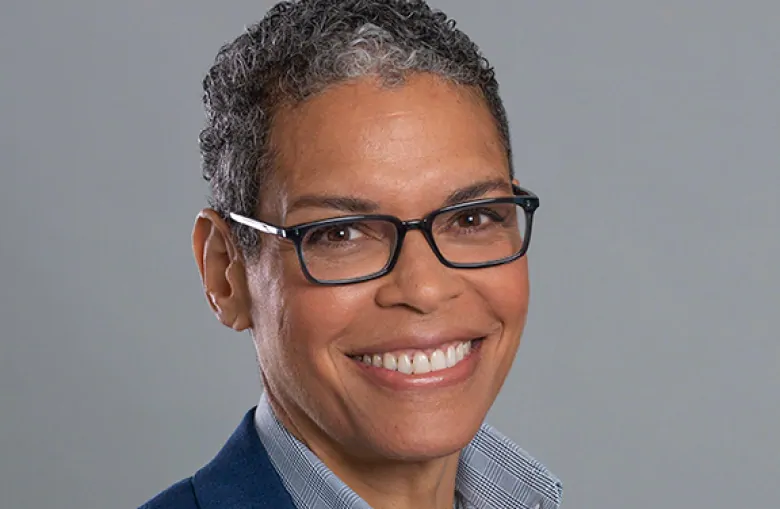Talk to black protesters in the U.S. these days, and police brutality is frequently cast as just one point in a constellation of inequalities. Other key disparities have been well known for a long time. But they remain unresolved.
There’s already a presidential report tracing the sources of rage in black communities that erupted in fiery protests across American cities.
That report is 52 years old. And it’s mostly forgotten.
Atop its list of factors was an unholy trinity of segregation — separate police treatment, in separate communities, with separate school systems.
Talk to black protesters these days, and police brutality is frequently cast as just one point in a constellation of inequalities.
“Crimes have been committed since we landed in this country — excuse me, since we were robbed and brought to this country,” said Marques Armstrong, a Minneapolis business consultant and community activist.
“You cannot continue to oppress, beat down, marginalize, redline, and kill people and think we aren’t gonna stand up and eventually fight back. … This is an uprising. I’m not with all that looting but, dammit, I understand.
“The game is not set for us.”
That’s the same conclusion reached by the Kerner Commission in 1968, appointed by President Lyndon Johnson after riots in several cities.
WATCH | Marques Armstrong on what else is behind the protests:
Marques Armstrong, a protester in Minneapolis, tells CBC’s Susan Ormiston that the protests across the U.S. are a manifestation of outrage not just at the death of George Floyd but at years of systemic discrimination and racially motivated violence against African Americans. 3:30
The report went mostly ignored.
The commission produced a politically unpopular argument: that white people had rigged the system for themselves by voting for, and supporting, policies that ensured separate societies.
It zeroed in on housing, opportunity, and policing atop the list of frustrations for black people.
Michelle Adams, a professor at Cardozo School of Law in New York City who studies links between schooling, housing and race, has described the country’s education systems as America’s apartheid.
She said it’s impossible to disentangle one problem from the others.
“I think the reality is this is all connected,” she said. “If you pull a strand, it all falls apart.”

Referring to those ongoing historical inequalities, Robert Johnson, co-founder of Black Entertainment Television, called Monday for trillions of dollars in economic reparations.
The 1968 report didn’t propose anything that dramatic.
Yet the issues it raised remain unresolved. A backlash was brewing at the time against civil rights reforms, and the tension was reflected in the early careers of two men now running for president.
In 1973, Donald Trump was getting his start in the housing business launched by his father. Joe Biden had just entered the U.S. Senate and faced a dilemma over school integration.
Donald Trump and housing
One of the first newspaper references to Trump involved a federal allegation that his family refused to rent apartments to black people, which he denied in a court affidavit.
The Trumps were accused of violating a landmark civil rights law that protected minority renters and homebuyers seeking loans, the Fair Housing Act of 1968.
A New York Times investigation cited additional examples of alleged racial bias at family properties. The federal case with Trump Management was settled out of court.

Now, as president, Trump leads an administration that has taken steps to roll back anti-housing discrimination regulations.
U.S. cities remain deeply segregated to this day — just check any demographic map and analysis comparing white and black enclaves.
Joe Biden and education
One protester near the White House last weekend who spoke with CBC News brought up educational disparities and their impact on employment opportunities. She linked these issues to the COVID-19 pandemic, which has killed black Americans at a higher rate.
Sophia Tekola said media reports are missing the bigger picture when they portray the current frustration as being caused by only one issue, the deaths of black people in police custody.
“It’s so much more than that,” she told CBC News.
“In education — we’re the ones getting bad education. … This is a thing that has gone on since slavery, lynching, segregation.
“This isn’t OK. We’re done with this.”
In his first term as senato

